These reflections are a result of more than 40 years of ministry as a Roman Catholic priest. Most of these years I spent in the Diocese of Charlotte which covers Western North Carolina. Now I am retired, and live in Medellín, Colombia where I continue to serve as a priest in the Archdiocese of Medellín.
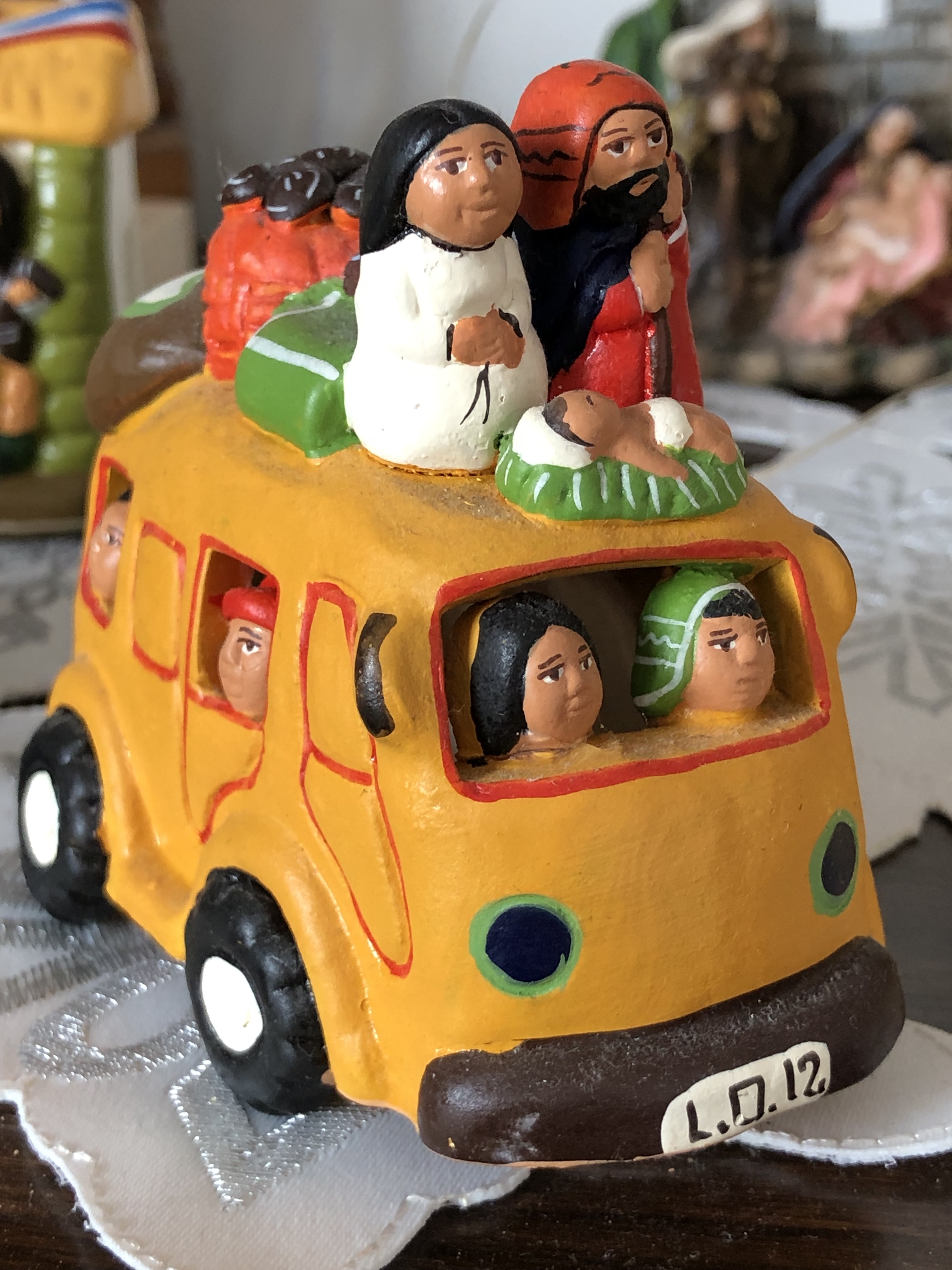
On the first day of the week, Mary Magdalene ran and went to Simon Peter and to the other disciple whom Jesus loved. (Jn 20:1a, 2-8)
https://bible.usccb.org/bible/readings/122722.cfm
The question of the Beloved Disciple is a bit complicated. Early church fathers erroneously insisted that the Beloved Disciple was John, and so John’s name gets stuck onto the Fourth Gospel. Today’s feast is really about the gospel, rather than about the person who wrote it. But as the writer of Chapter 21, a later addition to the gospel, states about the Beloved Disciple: “It is this disciple who testifies to these things and has written them, and we know that his testimony is true.” In the 11th chapter, the Fourth Gospel actually tells us three times who the Beloved Disciple is. It is certainly not John. So whether we celebrate John, the apostle, or the gospel of the Beloved Disciple, it’s Christmas, so let us proclaim what we have seen and heard, and let us love one another as Christ has loved us all.
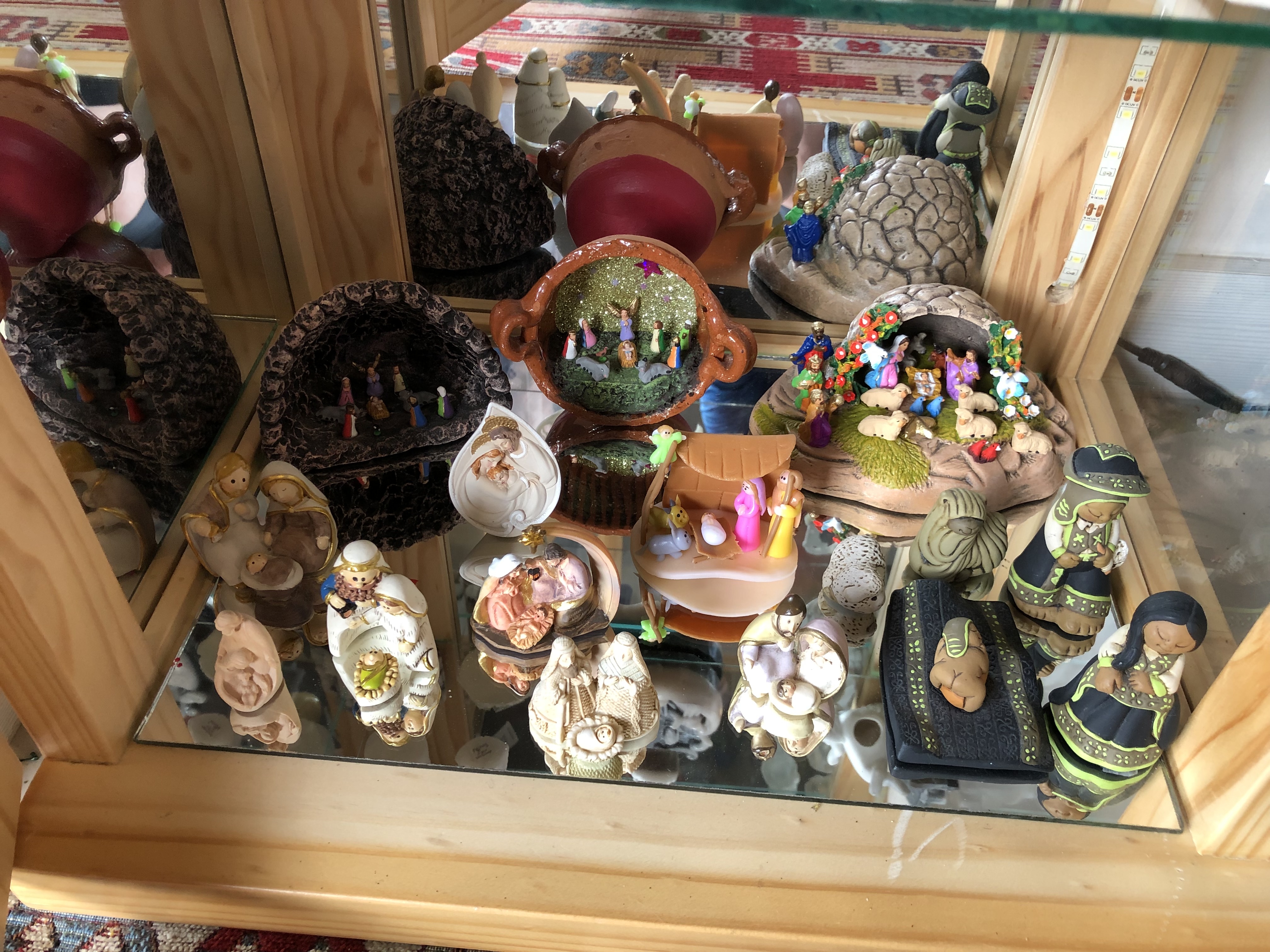
Stephen, filled with the Holy Spirit, looked up intently to heaven and saw the glory of God and Jesus standing at the right hand of God, and he said, “Behold, I see the heavens opened and the Son of Man standing at the right hand of God.” But they cried out in a loud voice, covered their ears, and rushed upon him together. They threw him out of the city, and began to stone him. The witnesses laid down their cloaks at the feet of a young man named Saul. As they were stoning Stephen, he called out “Lord Jesus, receive my spirit.” (Acts 6:8-10; 7:54-59)
https://bible.usccb.org/bible/readings/122622.cfm
Among all the martyrs, Saint Stephen has pride of place. Martyrdom was considered a saint’s “birthday” into heaven. And so, the feast day of Saint Stephen, the first martyr, follows the birthday of the Savior.
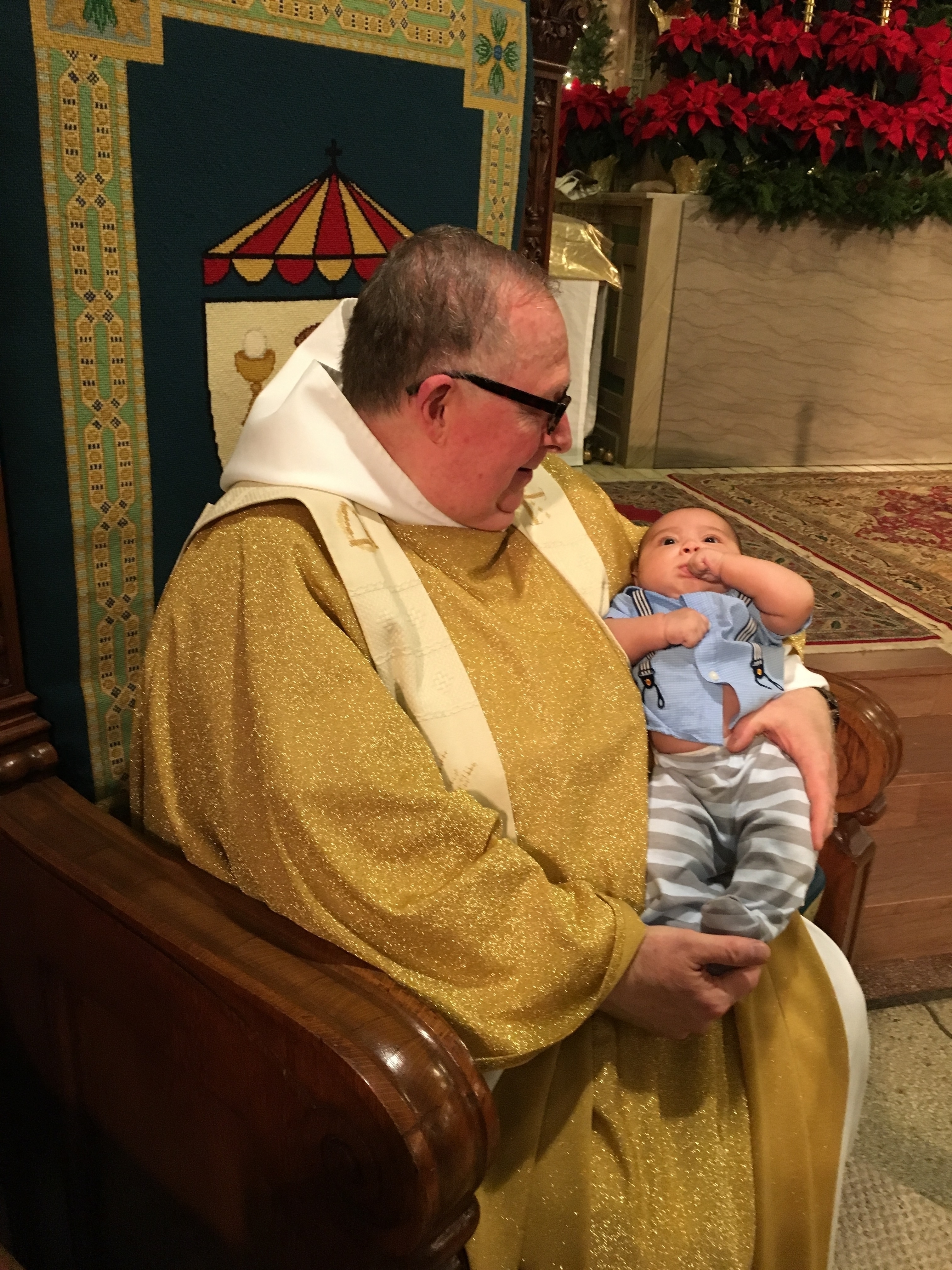
He came to what was his own, but his own people did not accept him. But to those who did accept him he gave power to become children of God,
to those who believe in his name, who were born not by natural generation
nor by human choice nor by a man’s decision but of God. (John 1:1-18)
https://bible.usccb.org/bible/readings/122521-day.cfm
As Saint Leo the Great said to the newly baptized on Christmas Day, “Christian, remember your dignity.” Merry Christmas!
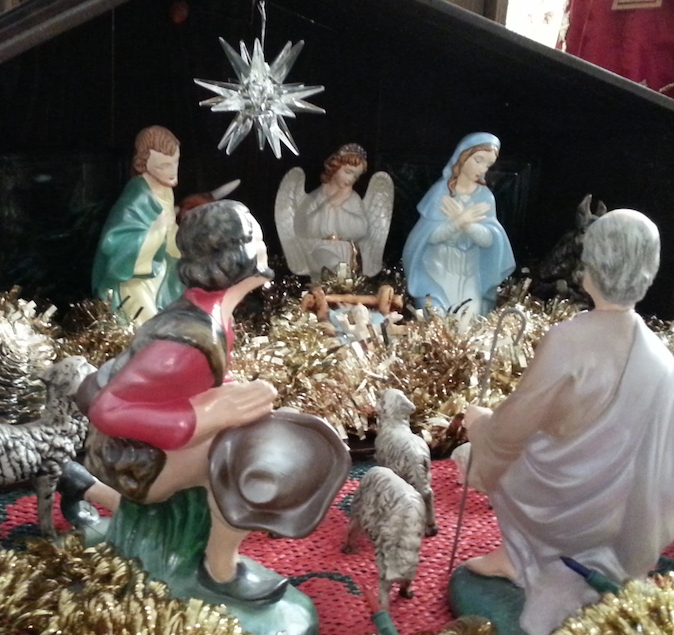
Alleluia (Lk 2:10-11)
R. Alleluia, alleluia.
I proclaim to you good news of great joy:
today a Savior is born for us, Christ the Lord.
R. Alleluia, alleluia.
https://bible.usccb.org/bible/readings/122521-vigil.cfm
https://bible.usccb.org/bible/readings/122521-night.cfm
https://bible.usccb.org/bible/readings/122521-dawn.cfm
https://bible.usccb.org/bible/readings/122521-day.cfm
Christmas is blessed with FOUR distinct Mass formulas with their proper readings. The lectionary presumes that the community would be present for all (or most) of the liturgies, which is why, even in the old days, it was possible to receive communion twice on Christmas. So Merry Christmas to all! We invite you to join in today’s Christmas carol, Noche de Paz (Silent Night).
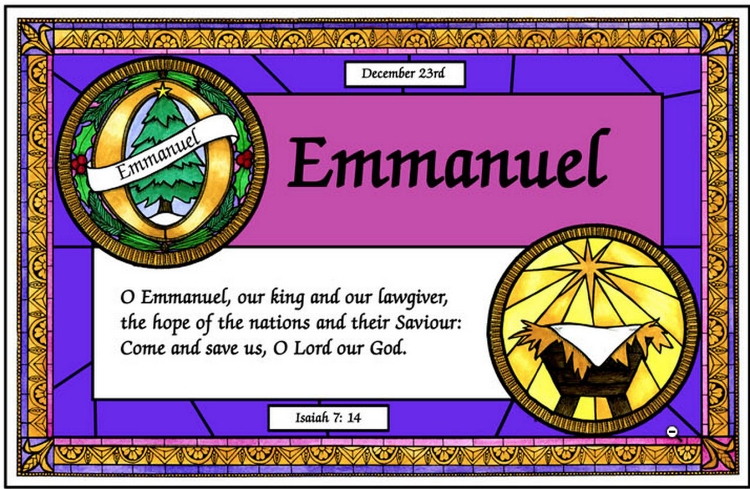
Zechariah asked for a tablet and wrote, “John is his name,” and all were amazed. Immediately his mouth was opened, his tongue freed, and he spoke blessing God. (Lk 1:57-66)
https://bible.usccb.org/bible/readings/122322.cfm
With the Birth of John the Baptist, Zechariah’s tongue is loosed and he praises God in the canticle known as the Benedictus, which is sung every day at Morning Prayer. And now all is ready, and we we wait. We wait for the Lord. We wait with Mary for the birth of Emmanuel.



